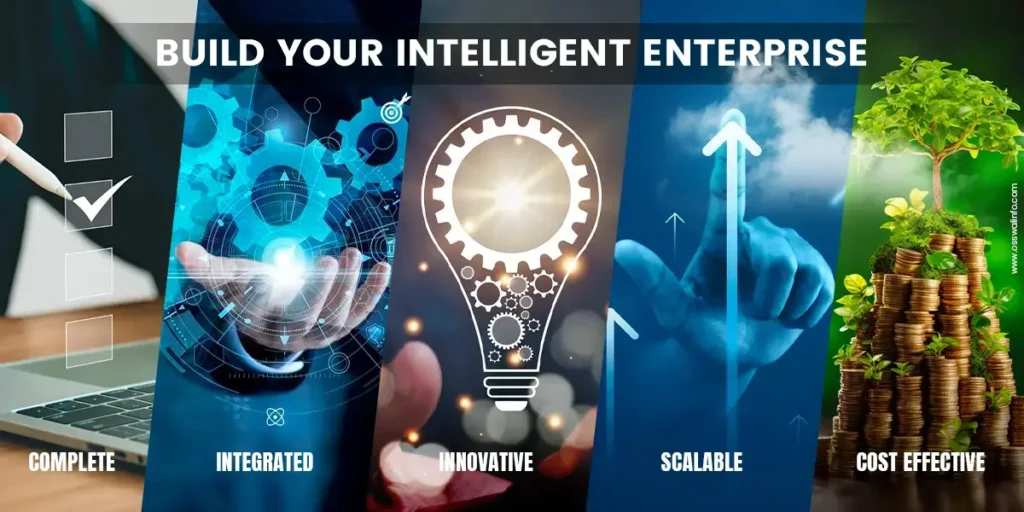It’s the 4.0 era of the industrial revolution. Today, being smart is not smart enough. The 21st-century industrial revolution is real. It is digital. For manufacturers, it is all about smart factory applications using advanced automation analytics and modern manufacturing technology. The future of production is all about industry 4.0 ERP process transformation using SAP […]
Using SAP to Advance Industry 4.0 in the Manufacturing Sector Read More »


